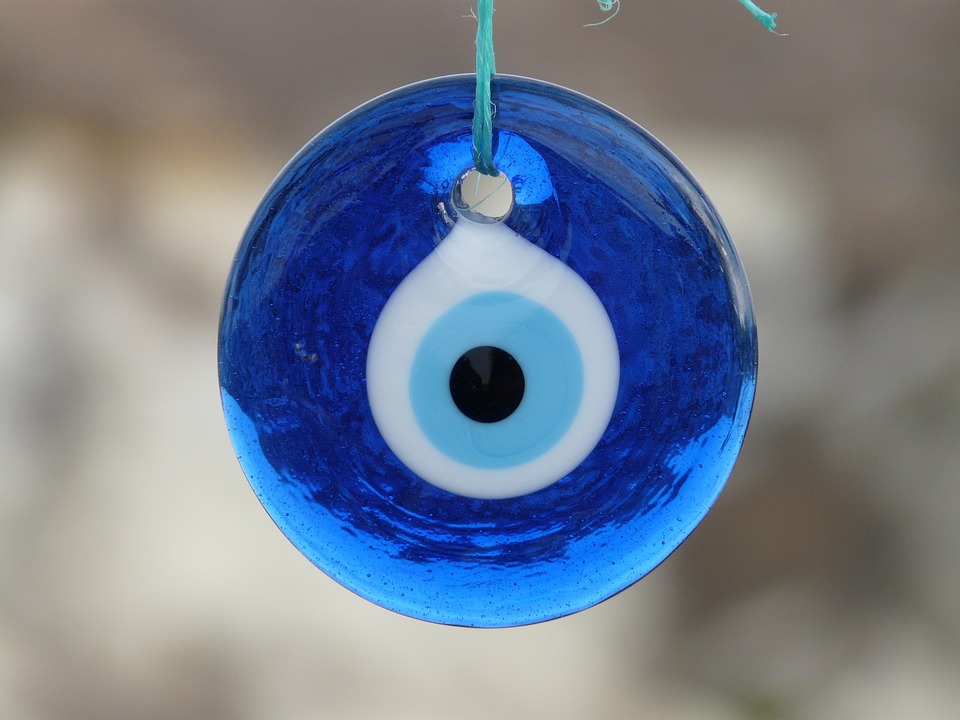Beyond the element of giving the active character of love becomes evident in the fact that it always implies certain basic elements, common to all forms of love. These are care, responsibility, respect and knowledge.
That love implies care is most evident in a mother's love for her child. No assurance of her love would strike us as sincere if we saw her lacking in care for the infant, if she neglected to feed it, to bathe it, to give it physical comfort; and we are impressed by her love if we see her caring for the child. It is not different even with the love for animals or flowers. If a woman told us that she loved flowers, and we saw that she forgot to water them, we would not believe in her 'love' for flowers. Love is the active concern for the life and the growth of that which we love. Where this active concern is lacking, there is no love. This element of love has been beautifully described in the book of Jonah. God has told Jonah to go to Nineveh to warn its inhabitants that they will be punished unless they mend their evil ways. Jonah runs away from his mission because he is afraid that the people of Nineveh will repent and that God will forgive them. He is a man with a strong sense of order and law, but without love. However, in his attempt to escape, he finds himself in the belly of a whale, symbolising the state of isolation and imprisonment which his lack of love and solidarity has brought upon him. God saves him, and Jonah goes to Nineveh. He preaches to the inhabitants as God has told him, and the very thing he was afraid of happens. The men of Nineveh repent their sins, mend their ways and God forgives them and decides not to destroy the city. Jonah is intensely angry and disappointed; he wanted 'justice' to be done, not mercy. At last he finds some comfort in the shade of a tree which God made to grow for him to protect him from the sun. But when God makes the tree wilt, Jonah is depressed and angrily complains to God. God answers: "Thou hast had pity on the gourd for which thou hast not laboured neither madest it grow; which came up in a night, and perished in a night. And should I not spare Nineveh, that great city, wherein are more than sixscore thousand people that cannot discern between their right hand and their left hand; and also much cattle?" God's answer to Jonah is to be understood symbolically. God explains to Jonah that the essence of love is to 'labour' for something and 'to make something grow', that love and labour are inseparable. One loves for that which one labours, and one labours for that which one loves.
Care and concern imply another aspect of love; that of responsibility. Today, responsibility is often meant to denote duty, something imposed upon one from the outside. But responsibility, in its true sense, is an entirely voluntary act; it is my response to the needs, expressed or unexpressed, of another human being. To be 'responsible' means to be able and ready to 'respond'. Jonah did not feel responsible to the inhabitants of Nineveh. He, like Cain, could ask: 'Am I my brother's keeper?' The loving person responds. The life of his brother is not his brother's business alone, but his own. He feels responsible for his fellow men, as he feels responsible for himself. This responsibility, in the case of the mother and her infant, refers mainly to the care for physical needs. In the love between adults it refers mainly to the psychic needs of the other person.
Responsibility could easily deteriorate into domination and possessiveness, were it not for the third component of love, respect. Respect is not fear and awe; it denotes, in accordance with the root of the word (respicere, to look at), the ability to see a person as he is, to be aware of his unique individuality. Respect means the concern that the other person should grow and unfold as he is. Respect, thus, implies the absence of exploitation. I want the loved person to grown and unfold for his own sake, and in his own ways, and not for the purpose of serving me. If I love the other person, I feel one with him or her, but with him as he is, not as I need him to be as an object for my use. It is clear that respect is possible only if I have achieved independence; if I can stand and walk without needing crutches, without having to dominate and exploit anyone else. Respect exists only on the basis of freedom: 'L'amour est l'enfant de la liberte' as an old French song says; love is the child of freedom, never that of domination.
To respect a person is not possible without knowing him; care and responsibility would be blind if they were not guided by knowledge. Knowledge would be empty if it were not motivated by concern. There are many layers of knowledge: the knowledge which is an aspect of love is one which does not stay at the periphery, but penetrates to the core. It is possible only when I can transcend the concern for myself and see the other person in his own terms. I may know, for instance, that a person is angry, even if he does not show it overtly; but I may know him more deeply than that; then I know that he is anxious, and worried; that he feels lonely, that he feels guilty. Then I know his anger is only the manifestation of something deeper, and I see him anxious and embarrassed, that is, as the suffering person, rather than as the angry one.
Knowledge has one more and a more fundamental relation to the problem of love. The basic need to fuse with another person so as to transcend the prison of one's separateness is closely related to another specifically human desire, that to know the 'secret of man'. While life in its merely biological aspects is a miracle and a secret, man in his human aspects is an unfathomable secret to himself - and to his fellow man. We know ourselves, and yet even with all the efforts we may make, we do not know ourselves. We know our fellow man, and yet we do not know him, because we are not a thing, and our fellow man is not a thing. The further we reach into the depth of our being, or someone else's being, the more the goal of knowledge eludes us. Yet we cannot help desiring to penetrate into the secret of man's soul, into the innermost nucleus which is 'he'.
There is one way, a desperate one, to know the secret: it is that of complete power over another person: the power which makes him do what we want, feel what we want, think what we want; which transforms him into a thing, our thing, our possession. The ultimate degree of this attempt to know lies in the extremes of sadism, the desire and ability to make a human being suffer; to torture him, to force him to betray his secret in suffering. In this craving for penetrating man's secret, his and hence our own, lies an essential motivation for the depth and intensity of cruelty and destructiveness. In a very succinct way this idea has been expressed by Isaac Babel. He quotes a fellow officer in the Russian civil war, who has just stamped his former master to death, as saying: "With shooting I'll put it this way - with shooting you only get rid of a chap... with shooting you'll never get at the soul, to where it is in a fellow and how it shows itself. But I don't spare myself, and I've more than once trampled an enemy for more than an hour. You see, I want to get to know what life really is, what life's like down our way.
In children we often see this path to knowledge quite overtly. The child takes something apart, breaks it up in order to know it; or it takes an animal apart; cruelly tears off the wings of a butterfly in order to know it, to force its secret. The cruelty itself is motivated by something deeper; the wish to know the secret of things and of life.
The other path to knowing 'the secret' is love. Love is active penetration of another person, in which my desire to know is stilled by union. In the act of fusion I know you, I know myself, I know everybody - and I 'know' nothing. I know in the only way knowledge of that which is alive is possible for man - by experience of union - not by any knowledge our thought can give. Sadism is motivated by the wish to know the secret, yet I remain as ignorant as I was before. I have torn the other being apart limb from limb, yet all I have done is to destroy him. Love is the only way of knowledge, which in the act of union answers my quest. In the act of loving, of giving myself, in the act of penetrating the other person, I find myself, I discover myself, I discover us both, I discover man.


 . The guys from MindMatters shared interesting ideas here:
. The guys from MindMatters shared interesting ideas here:





